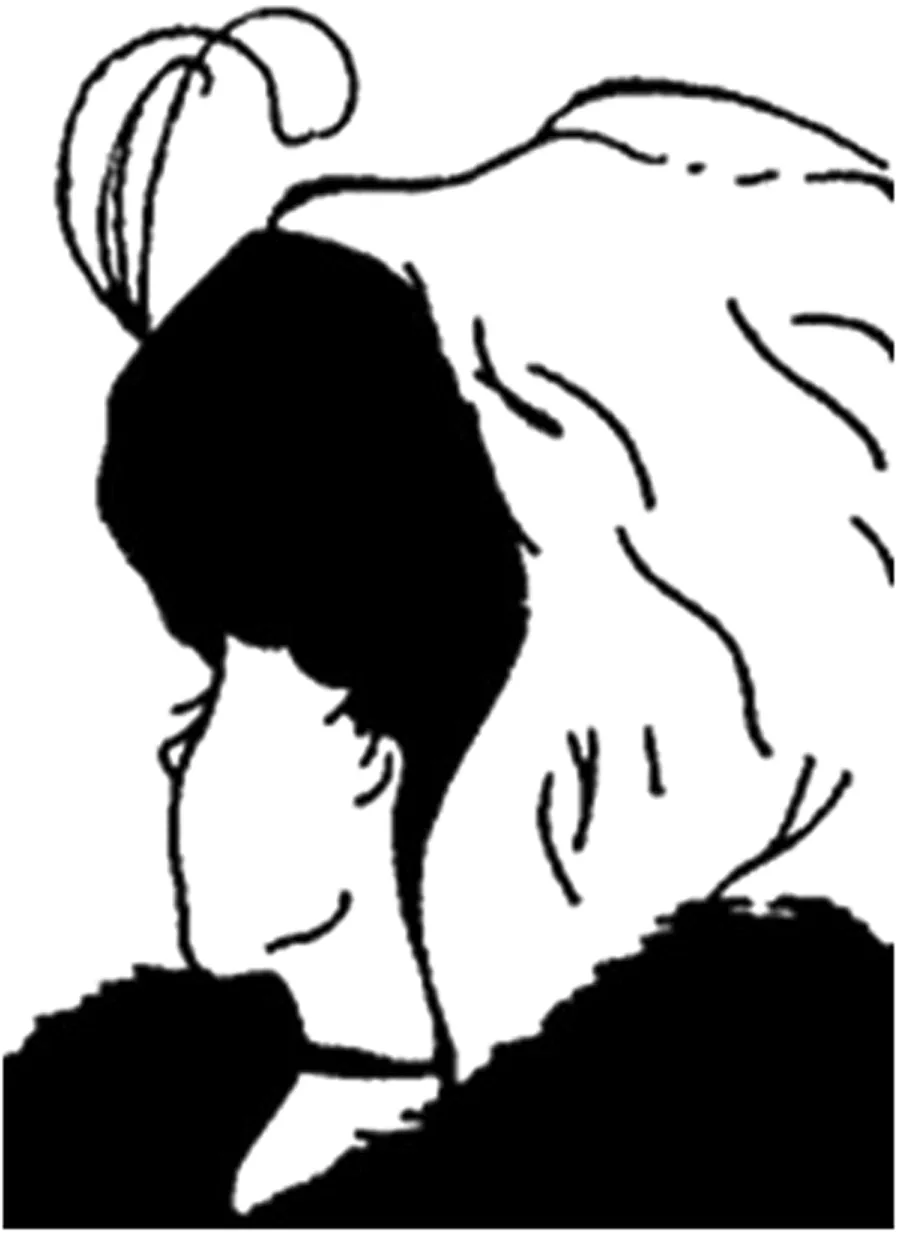Open
my eyes that I may see wonderful things in your law. (Psalm 119:18)
In
Seven Habits of Highly Effective People, Stephen Covey tells a story about someone seeing
a man sitting on a train, apparently paying no attention to his children who
were acting out dramatically. Irritated, the observer calls the man’s attention
to the children. He apologizes and explains. They are on their way home from the
hospital where his wife (their mother) had just died. Mr. Covey tells the story
to illustrate the idea of a paradigm shift, when the way you see something
changes. Sometimes, the change is abrupt, as in the story. Other times, it
takes years or decades. You can experience it by watching a TV show or movie
that you thought was “so good” once upon a time, and when you watch it again,
you wonder how you could ever have thought it was anything but junk. Your
paradigms shifted along the way.
A paradigm shift is what the author of Psalm 119 seeks. As he is, he’s pretty sure he’s missing something. He’s looking at Scripture and it’s as if he’s seeing the young lady in the picture, but someone said something about seeing an old woman. How? Where? Or maybe he sees the old woman but not the young. We all have blind spots and times when our minds just don’t get it. It might be obvious to the next person, but not us. Sometimes this is the result of presuppositions. When you begin with A, B and C follow easily, but if you begin with E, B and C just don’t seem to fit.
This
problem probably afflicts us more than we realize. We see our present situation
as a failure, a defeat, a problem, or some other negative. But if we saw from
God’s perspective, it would be good. This is something I desperately need, so I’ve
written the verse on a card so I can remember to pray it at least once a day.

Comments
Post a Comment